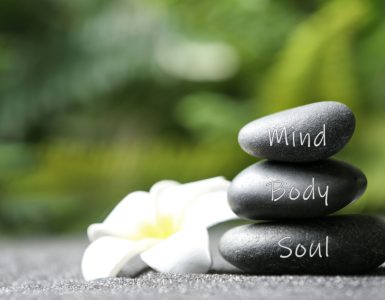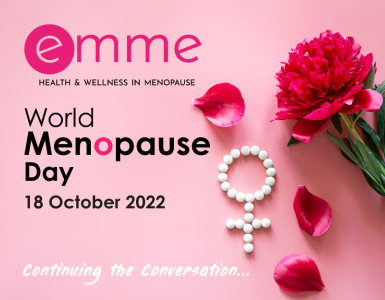If you’re suffering the symptoms of the menopause, then it’s important to remember that you don’t have to do things alone. Your GP can help you manage your symptoms.
Here’s how they can help you with four of the most common symptoms of the menopause
These are according to the guidelines set out by the National Institute for Health and Care Excellence (NICE) the official body that gives advice and guidance to healthcare professionals.
Hot flushes and night sweats
Hormone Replacement Therapy (HRT) is a common treatment for the menopause, and it can help to treat the common menopause associated symptoms of hot flushes and night sweats.
There are various different types of HRT and your GP will discuss the one that may suit you best depending on your personal circumstances.
Natural supplements such as black cohosh, dong quai and red clover can help as can plant phytoestrogens (found in foods such as lentils, soy and oats) that mimic oestrogens. The evidence of these kind of remedies for hot flushes and night sweats is patchy, and it’s a good idea to speak to your GP before taking them.
Low mood
HRT can help if you’re suffering a low mood as a consequence of the menopause. (Note that a low mood is different from depression, which is treated differently.)
Cognitive Behavioural Therapy, or CBT, a kind of talking therapy, can also help the low mood associated with the menopause. Your GP can refer you to a CBT specialist.
Vaginal dryness
Vaginal dryness can lead to painful or uncomfortable sex which itself can also cause your sexual desire to reduce. There are a number of vaginal lubricants available from pharmacies, but you might find that vaginal oestrogen works better for you.
Vaginal oestrogen, available as a vaginal pessary, cream or ring is applied directly to the vagina and can sometimes be used even if you’re not medically suitable for HRT. It can be used for as long as you need, and can also be used at the same time as HRT.
Lack of libido
If you’ve lost interest in sex, then you may find that taking HRT helps to bring back your sexual desire. You may also be eligible for treatment using testosterone supplements.
Testosterone supplements are not currently licensed for use in women, but they can be used in women ‘off label’. This means that it’s been tested for safety for a different condition and your GP can use their discretion to prescribe it for another purpose if they think it will help.
















